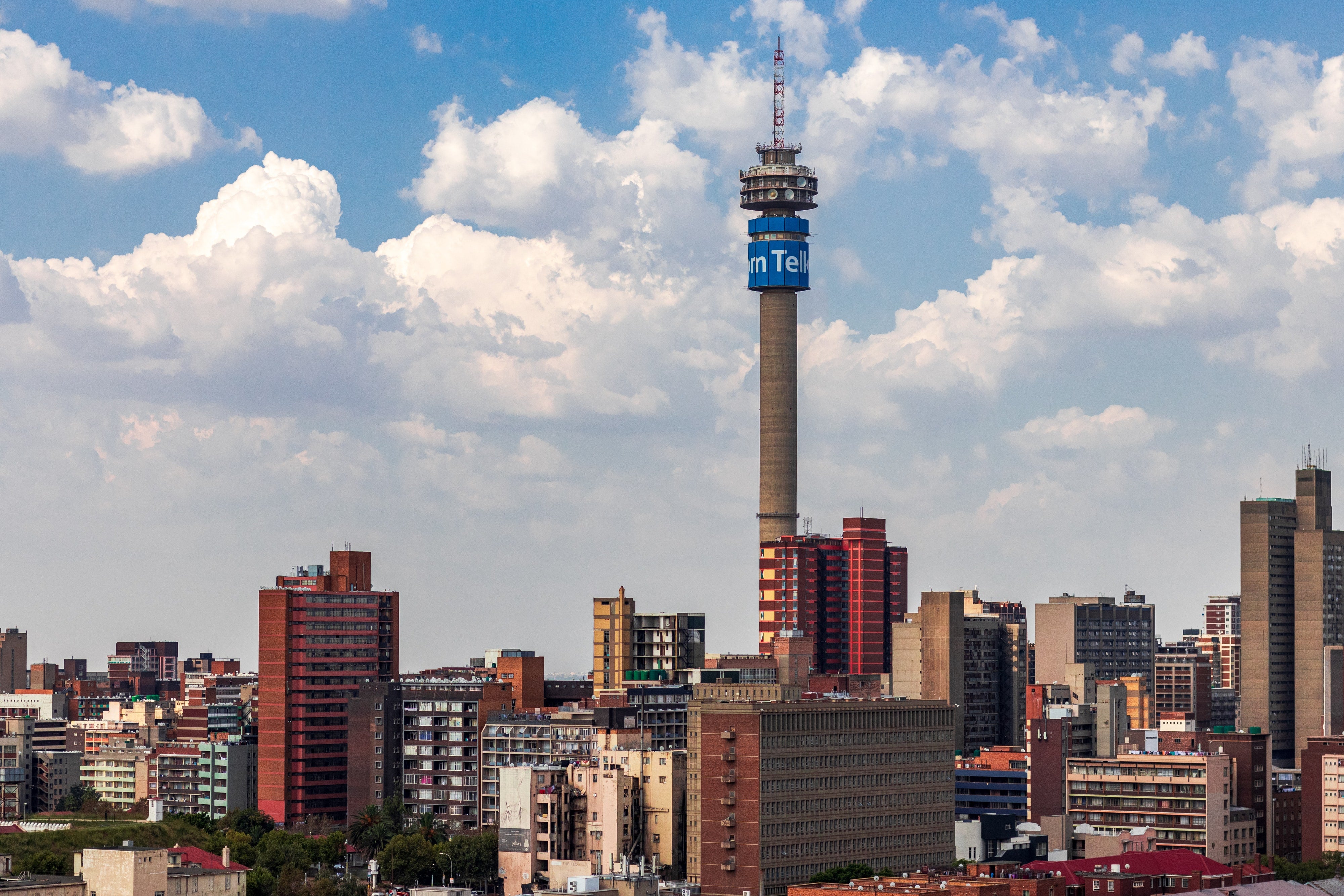
The South African electricity generation market
You have many options when finding the best generator for your needs. If you're looking for a generator that is specifically designed for export to South Africa, then there are a few things you need to keep in mind.
This article will discuss critical factors you need to consider when purchasing a UK generator for export to South Africa.
The South African electricity generation market
Before we dive into the technical details, it's essential to mention Eskom Ltd and its role in the South African electricity market.
Eskom is the government agency responsible for setting prices and distribution policies for electricity in South Africa. As the dominant player in the generation market, with an installed capacity of around 48 gigawatts (GW), it produces most of the country's electricity.
However, it does not have a monopoly on electricity generation, as other private companies generate electricity for their clients.
Eskom also manages distribution networks, including bulk transmission systems, and provides services to governmental and private clients.
Now that you have a basic understanding of Eskom and its role in the South African electricity market, let's look at some of the critical factors you need to consider when purchasing a UK generator for export to South Africa.
Technical and Design Requirements for generators being exported to South Africa
Before connecting to the national grid, Eskom requires that power stations in South Africa meet specific requirements. These include the transmission, connection, and use of systems by everyone involved.
The South African Grid Code lays down the guidelines for these matters.
The Grid Code also lays down the minimum technical and design standards for generators connected to the power grid.
For more information about the South African Grid Code, please visit www.eskom.co.za.
If you are planning to buy a UK generator for export to South Africa, you should be aware of the following:
-
There are two ways of connecting a generator to your system
- Indirectly to the grid through an Automatic Transfer Panel (ATS) (e.g. when the mains power turns off, there is a separation between the mains supply and the generator, thus causing a break in the electricity supply and therefore when the UK-supplied generator is operating it is only supplying the site it is intended for.
- Supplying power into the grid (Through a G59 or G99 Panel), e.g. the generator can be used to run both the site it is intended for and is connected to the grid, and any surplus power it produces can be pumped back into the grid.
You should also be aware of the following factors
Transmission System Requirements
All electrical equipment must be capable of functioning on the South African grid and be rated to the correct voltage. This includes transformers, cables, switchgear, control gear, meters, etc.
Connections
Generators must have connections to the grid at three points. They can be connected directly to the main transformer, or they can be connected via a step-up transformer.
In South Africa, the voltage from the main transformer is 230 kV, while the voltage from the step-up transformer is 400 kV.
Loads, Voltages and Frequency
South Africa uses 240/415 VAC loads as standard. Most UK Supplied generators meet this specification or can be adjusted to meet this voltage output.
South Africa uses 50 Hz as its standard frequency. Most generators sold in the UK also operate at 50 Hz.
Buying a Generator
When shopping for a generator, ensure you know what kind of generator you need. If you don't know what type of generator will suit your needs, then you might want to speak with our technical sales department for advice.
There are many factors to take into consideration when choosing a generator. Here are some things to think about before making your purchase:
Output Power
What size generator do you need?
Stability
Is the generator stable enough to handle the demands of your home or business?
Fuel Type
Do you prefer diesel or petrol? Diesel engines are generally more fuel efficient and last longer than their petrol counterparts.
Exporting to South Africa
When exporting goods to South Africa, you may need to pay import duties on them. To avoid paying extra fees, you should check before the goods are shipped.
If you're planning to ship items subject to import duties, you'll need to declare the value of the shipment. Your customs broker will help you calculate the amount of duty owed.
Shipping containers to South Africa
How do I need to pack the pallets when shipping to South Africa?
Goods shipped to South Africa must be carefully packed and placed on a fumigated pallet. Make sure you use suitable packaging materials.
Which kind of packaging materials should be used?
You can use either a wooden crate or a plastic container for transport. If you're going to use a wooden crate, make sure it has been heat treated.
Transit time
The shipping times for sea shipments depend on the size of the cargo and its destination.
We usually recommend between 20 and 30 business days for larger containers, depending on the port and the available vessels.
For air freight services (2-5 business day transit), delivery times vary by destination. Air freight shipments are typically delivered within 3-7 business working days.



